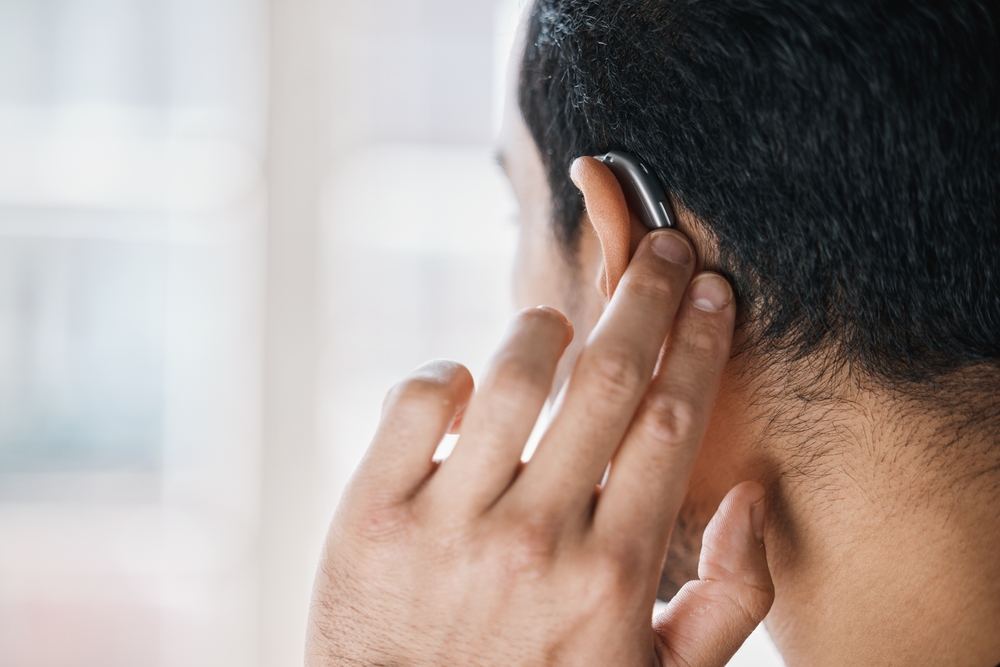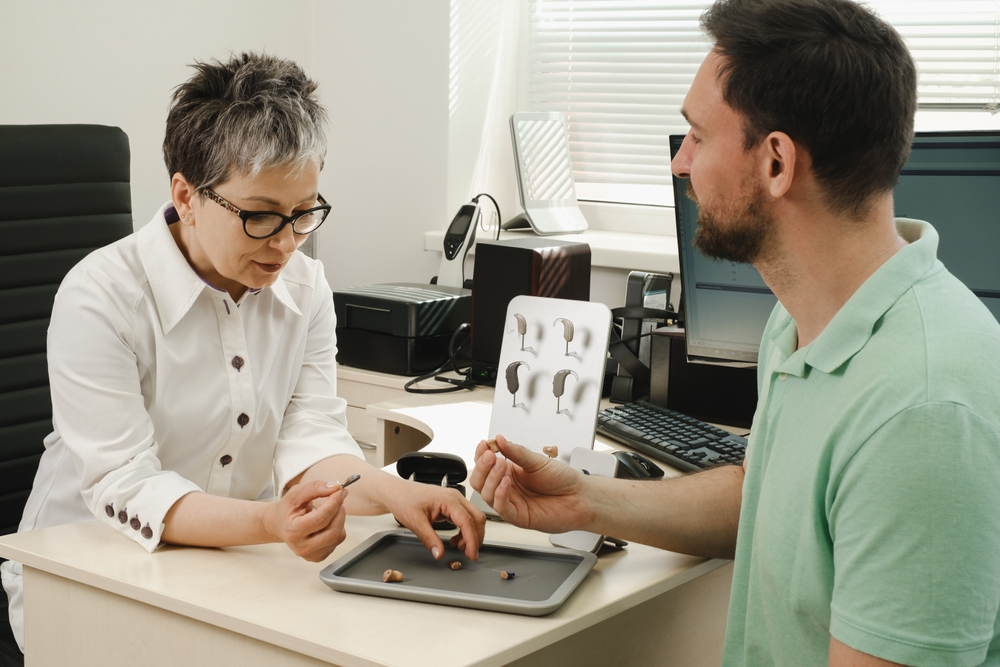Have you ever driven along, eyes focused dead ahead, and not realized there was an ambulance behind you blaring its siren? Or sat through a green light because your mind was somewhere else –and you couldn’t hear the line of cars behind you honking?
Then rejoice, because car companies are developing technology for you!
Car manufacturers are introducing technology that will change the lives of hearing-impaired drivers. Using Audio-Visual Conversion (AVC) and Audio-Tactile Conversion (ATC), these new cars turn sounds into visual or tactile cues, either through a heads-up display (HUD) on the windshield or vibrations in the steering wheel, that will alert hearing-impaired drivers of sounds outside their car.
This new technology revolutionizes the way people suffering from hearing loss will drive, adding an extra layer of safety both for themselves and other drivers.
As with everything, there is a catch: Manufacturers didn’t reveal a timeline for when this technology will be put into production. However, that doesn’t mean that you can’t keep driving safely–in fact, studies show that drivers with hearing loss already operate their vehicles just as safe as drivers with no hearing issues–all it takes is some spatial awareness, an alert mind, and maybe a gadget or two that can provide that extra bit of help.
Here are four ways you can continue to drive safely with a hearing impairment:
Vehicle modifications for those with hearing loss
While a futuristic HUD and vibrating steering wheel might be a way off, there are still some modifications you can add to your car that will alert you to changes in driving conditions. The first is an alert that lets you know when your turn signal is still on, while the second lets you know when emergency sirens are going off nearby. These add-ons won’t come from the factory, so you’ll have to go to an aftermarket shop that installs these devices.
Panoramic views help when you drive in reverse
One way drivers with hearing impairments compensate is by relying on their other senses–in this case, their sight. While keeping a lookout for what’s ahead of you on the road is easy enough, it might be more difficult to stay aware of what’s going on behind you and to either side. That’s why it’s crucial to use your side mirrors and invest in a panoramic rearview mirror that offers a much better field of vision than a standard rearview mirror.
Stay alert
Honestly, this should be first and foremost on every driver’s mind, whether they suffer from hearing loss or not. Cell phones are a huge no-no, while other distractions like eating or drinking can sometimes be just as dangerous. In addition to paying close attention to the road, you can ask your passengers to help you by alerting you to any sounds outside the car that can cause a problem. You should also be mindful of how other people are driving–if you notice cars pulling over behind you, there’s a chance an emergency vehicle could be coming up fast.
Hearing aids help you drive safely
Using a hearing aid while driving may present some different challenges than wearing them for regular use. For instance, we suggest you have the windows rolled up and the radio turned down–or better yet, off. The sound of rushing air, blaring music, and inane talk radio chatter can compete with other, more important sounds that you need to be alert for in order to drive safely. In addition, if you’re driving with passengers you may want to ask them for a bit of silence when you need to concentrate (this works best with teenagers since they usually have headphones on anyway in the car).



